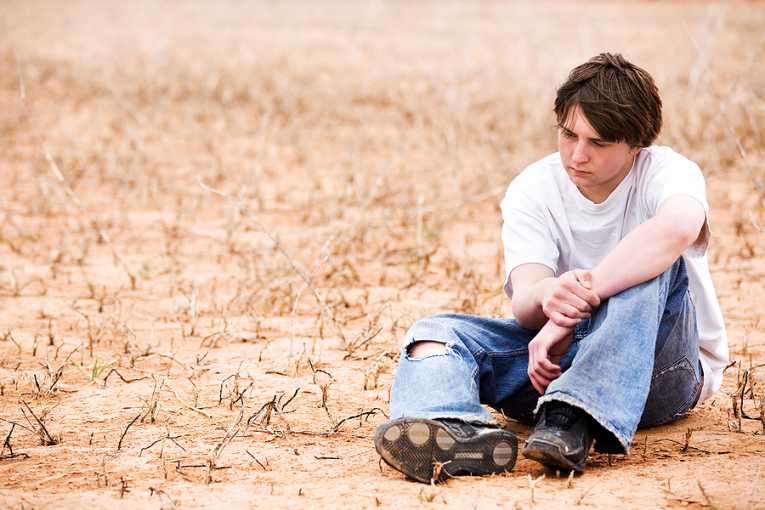The study by King's College London Institute of Psychiatry looked at more than 23,000 people who had been through previous studies on depression and will be published in the American Journal of Psychiatry.
Depression is at epidemic proportions: by 2020 the World Health Organisation predicts that the disease will be the condition with the second greatest impact on world societies. Most of this impact comes from those who suffer serious and recurring episodes of depression.
Maltreatment in childhood was already known to have an effect on the brain, the endocrine system and the immune system.
Dr Andrea Danese, senior investigator of the study at King's said: "Identifying those at risk of multiple and long-lasting depressive episodes is crucial from a public health perspective. The results indicate that childhood maltreatment is associated both with an increased risk of developing recurrent and persistent episodes of depression, and with an increased risk of responding poorly to treatment.
"Therefore prevention and early therapeutic interventions targeting childhood maltreatment could prove vital in helping prevent the major health burden owing to depression. Knowing that individuals with a history of maltreatment won't respond as well to treatment may also be valuable for clinicians in determining patients' prognosis."
Dr Danese believes these biological changes could explain why abused children are more likely to suffer from depression that is particularly difficult to treat. The team says that more research on these biological changes is needed.
Dr Rudolf Uher, co-author of the paper, said:
"Our study has shown that antidepressant medication, psychological treatment and the combination of the two are less effective in those who have a history of childhood maltreatment. Whilst we still do not know exactly what type of treatment may improve their care, it may be that new treatments based on the biological vulnerabilities associated with childhood maltreatment could prove an exciting avenue for research."
Top Image Credit: © Alptraum










